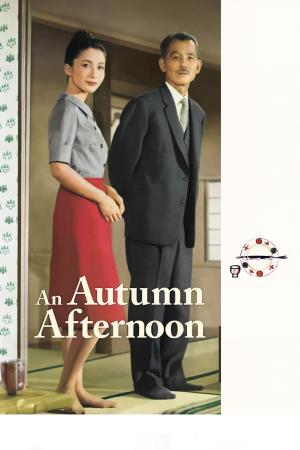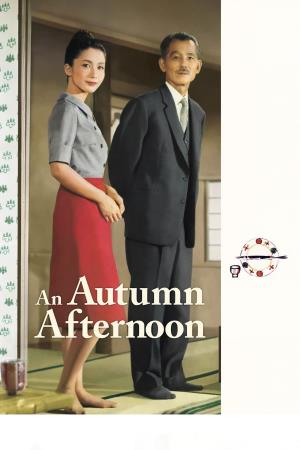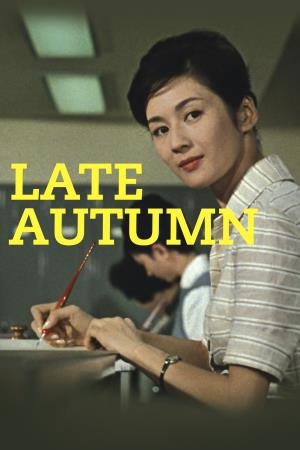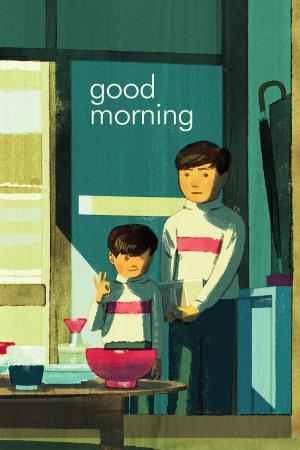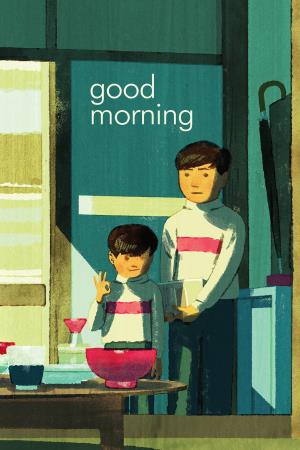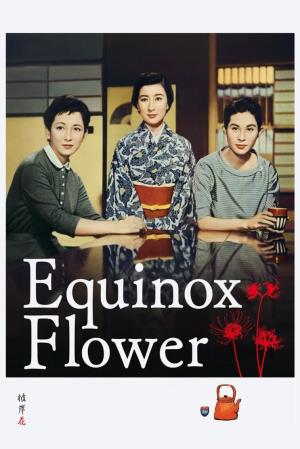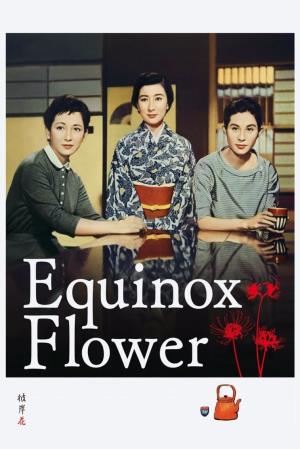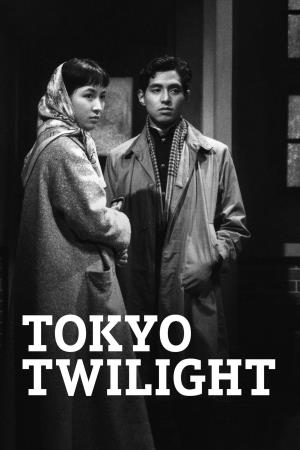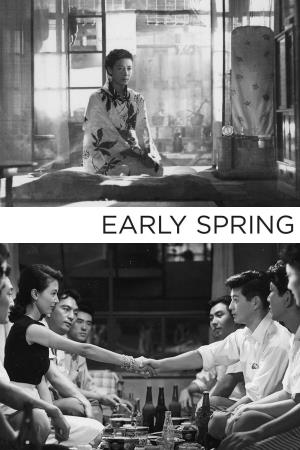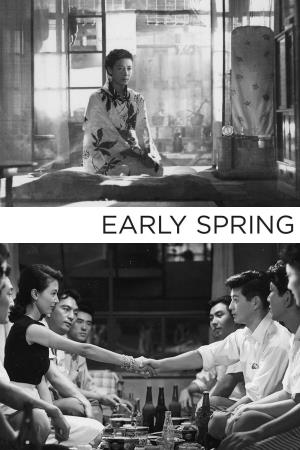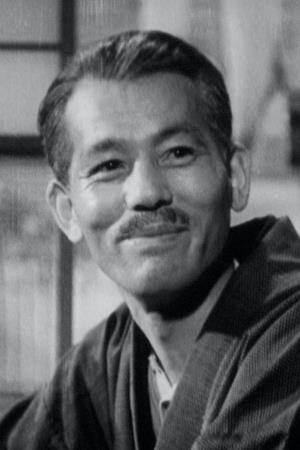
From Wikipedia, the free encyclopedia.
Chishu Ryu (May 13, 1904 in Kumamoto, Japan – March 16, 1993 in Yokohama, Japan) was a famous Japanese film actor, a favourite of the director Yasujiro Ozu. From 1928 to 1992 he appeared in at least 155 films, including Ozu's Tokyo Story (1953) and Yoshitaro Nomura's Castle of Sand (1974). From 1969 until his death, Ryu became familiar to a new generation as the curmudgeonly but benevolent Buddhist priest in Yoji Yamada's Tora-san movie series (a role he p
Gender: Male
Born On: 13-May-1904
Last Info Sync: 5/24/2021 10:52:00 AM
Chishu Ryu's Filmography on TV
List of programs starring Chishu Ryu on tv. Programs are sorted in order of last seen on tv. Last updated: May 17, 2025 1:28 AM
Il gusto del sake' (1962)
Shuhei Hirayama is a widower with a 24-year-old daughter. Gradually, he comes to realize that she should not be obliged to look after him for the rest of his life, so he arranges a marriage for her.
Genres
#DramaIl gusto del sake' - Il gusto del sake' (1962)
Shuhei Hirayama is a widower with a 24-year-old daughter. Gradually, he comes to realize that she should not be obliged to look after him for the rest of his life, so he arranges a marriage for her.
Genres
#DramaTardo autunno (1960)
A woman and her daughter are each forced to contend with an increasing pressure to marry, particularly from three men who knew her late husband.
Buon giorno - Buon giorno (1959)
A lighthearted take on director Yasujiro Ozu’s perennial theme of the challenges of intergenerational relationships, Good Morning tells the story of two young boys who stop speaking in protest after their parents refuse to buy a television set. Ozu weaves a wealth of subtle gags through a family portrait as rich as those of his dramatic films, mocking the foibles of the adult world through the eyes of his child protagonists. Shot in stunning color and set in a suburb of Tokyo where housewives g
Buon giorno (1959)
A lighthearted take on director Yasujiro Ozu’s perennial theme of the challenges of intergenerational relationships, Good Morning tells the story of two young boys who stop speaking in protest after their parents refuse to buy a television set. Ozu weaves a wealth of subtle gags through a family portrait as rich as those of his dramatic films, mocking the foibles of the adult world through the eyes of his child protagonists. Shot in stunning color and set in a suburb of Tokyo where housewives g
Fiori d'equinozio - Fiori d'equinozio (1958)
Wataru Hirayama outwardly liberal views on marriage are severely tested when his daughter declares that she is in love with a musician and is adamant to lead life her own way, instead of agreeing to an arranged marriage. Outwitted by his female relatives, Hirayama stubbornly refuses to admit defeat.
Fiori d'equinozio (1958)
Wataru Hirayama outwardly liberal views on marriage are severely tested when his daughter declares that she is in love with a musician and is adamant to lead life her own way, instead of agreeing to an arranged marriage. Outwitted by his female relatives, Hirayama stubbornly refuses to admit defeat.
Crepuscolo di Tokyo - Crepuscolo di Tokyo (1957)
Two sisters find out the existence of their long-lost mother, but the younger cannot accept the fact that she was abandoned as a child.
Genres
#DramaInizio di primavera - Inizio di primavera (1956)
A young salary man and his wife struggle within the confines of their passionless relationship while he has an extramarital affair.
Inizio di primavera (1956)
A young salary man and his wife struggle within the confines of their passionless relationship while he has an extramarital affair.
